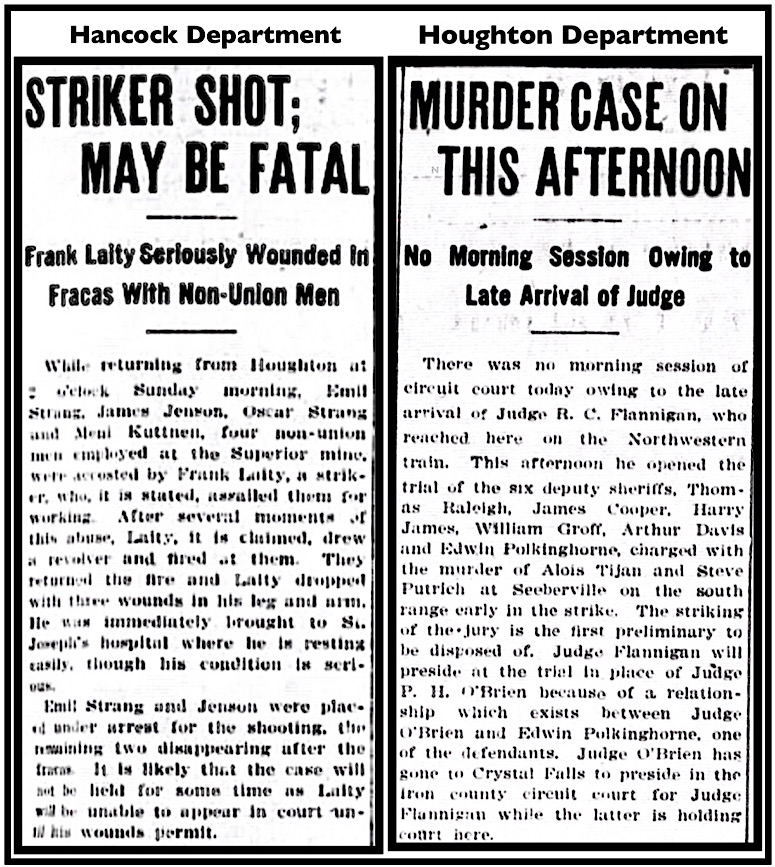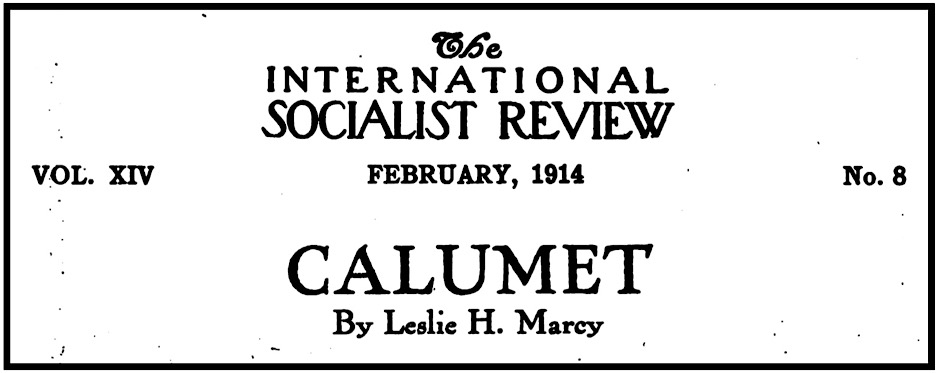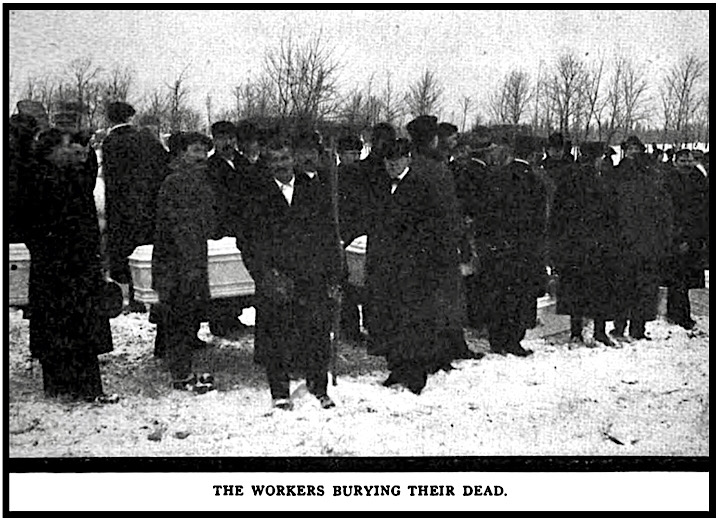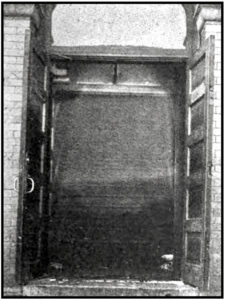 —————
—————
Hellraisers Journal – Monday February 16, 1914
Denver, Colorado – John Lawson Testifies Before House Sub-Committee
From the Denver United Labor Bulletin of February 14, 1914:
From Las Vegas Optic of February 11, 1914:
MILITIA GAVE CONFISCATED ARMS
TO MINE GUARDS, SAYS LABOR LEADERSECRETS OF THE CONVENTION WITHHELD
———-UNION OFFICIAL ASKS COMMITTEE TO EXCUSE HIM
FROM ANSWERING QUERIES
———-
Denver, Colo., Feb. 11-John R. Lawson, Colorado member of the international executive board of the United Mine Workers of America today asked the house investigation committee to excuse him from revealing all the details of the district convention at which the Colorado coal strike was called.
“You gentlemen must remember,” he said, “that this strike is not over yet, and we do not care to reveal anything that might give away our hand to the operators.”
The labor leader was allowed to give such information regarding the convention as he saw fit and was not pressed for union secrets.
Asked by Chairman Foster for his reasons for insisting upon recognition for the unions, the labor leader said:
“There is no basis for settlement between workman and employer. The union prevents strikes and without it few men strike without justification. Then, unorganized workers cannot obtain redress for abuses or change of working conditions. If they make complaint, they are discharge.”
At the opening of this morning’s session of the strike investigation it was announced that Edward Costigan had been added to the list of attorneys for the miners. John R. Lawson was called to the stand to resume his testimony. The Colorado member of the executive board of the United Mine Workers of America told of the arrival of the militia in the strike zone.
“Almost immediately after the arrival of the troops at Trinidad, detachments were stationed at various points in Las Animas and Huerfano counties,” he said.
“When the troops arrived, the leaders of our organizations informed the men on strike that if they were satisfied the militia was going to enforce the laws, not to take part in the labor controversy.”
The witness then told of having informed Adjutant General John Chase that the Baldwin-Felts detectives employed by the operators were importing arms. He said the general ordered a captain to capture the guns which were taken from an express office by the troops.
“Later,” he resumed, “General Chase admitted that this particular shipment of arms, taken from the express office, was distributed to the guards.”

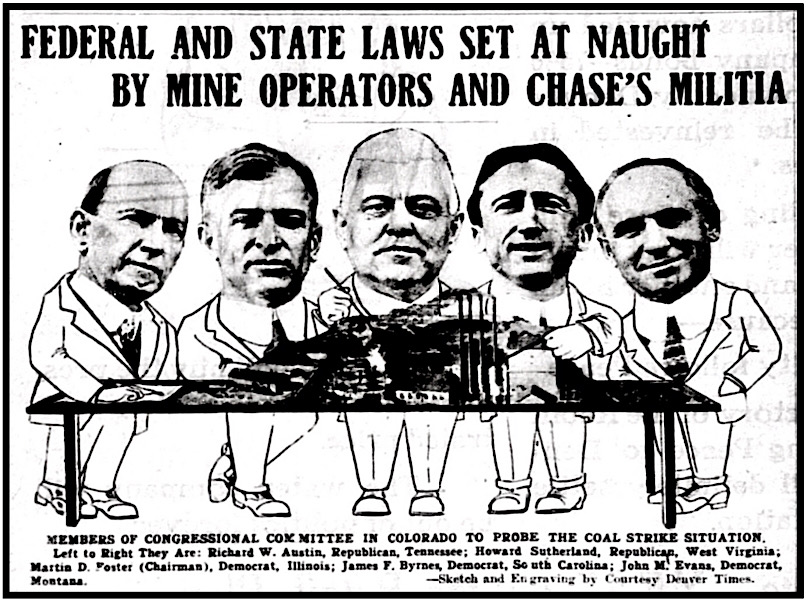
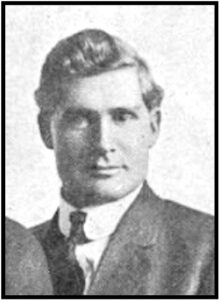
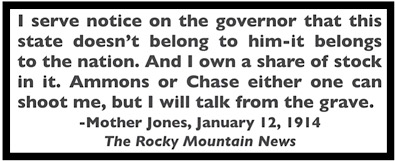 —————
—————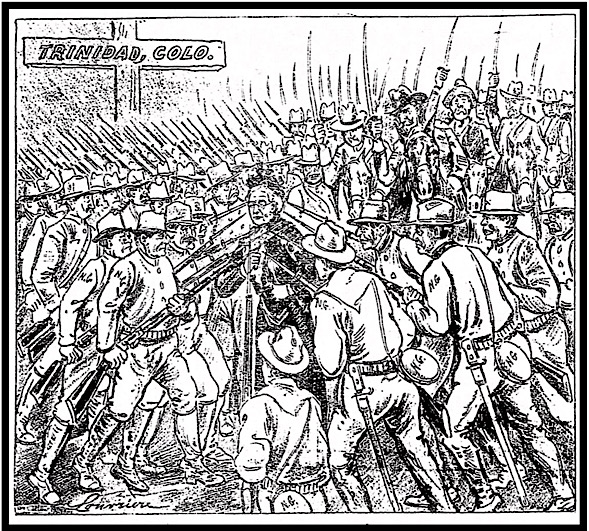
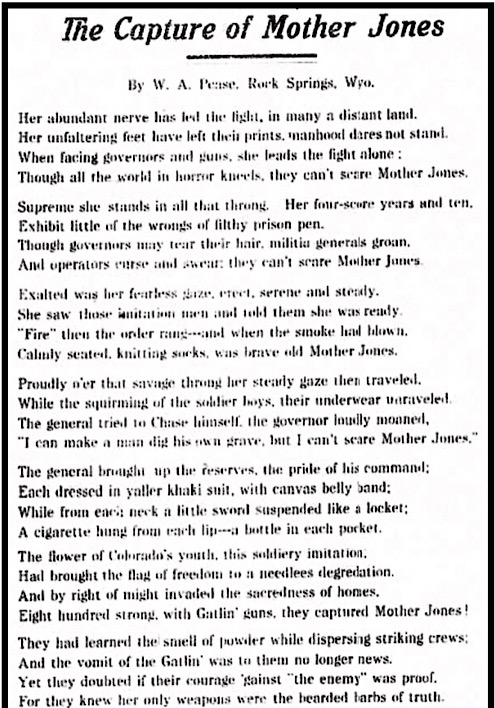
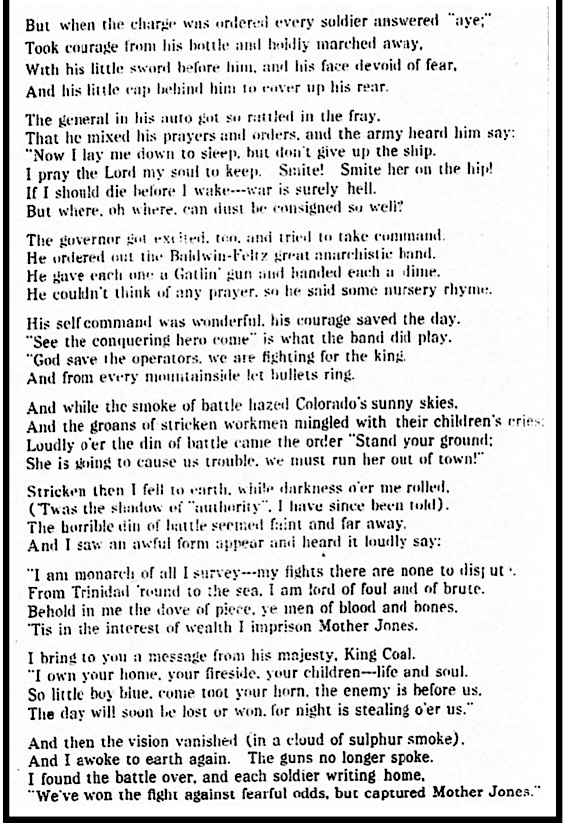
 —————
—————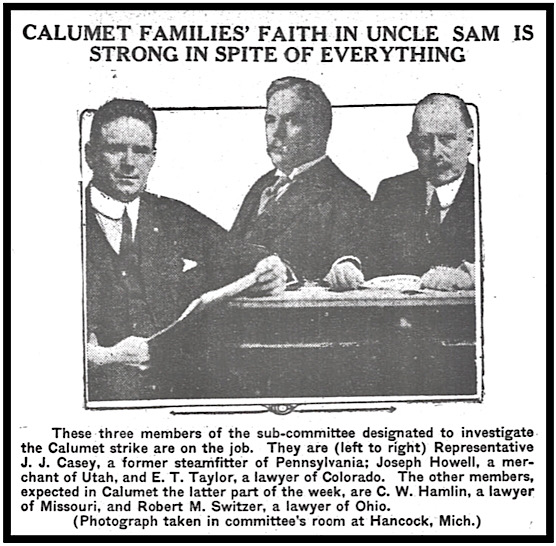
 —————
—————
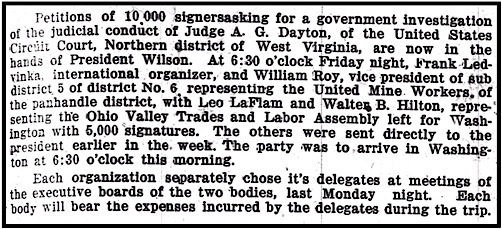
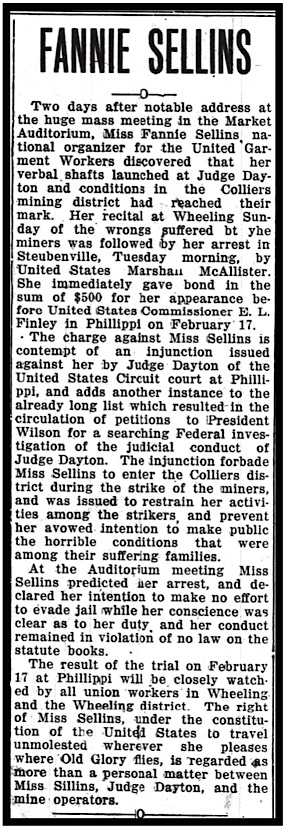
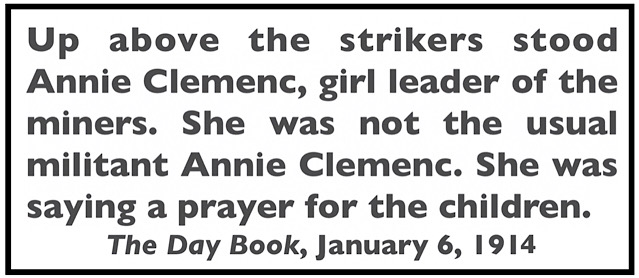 —————
—————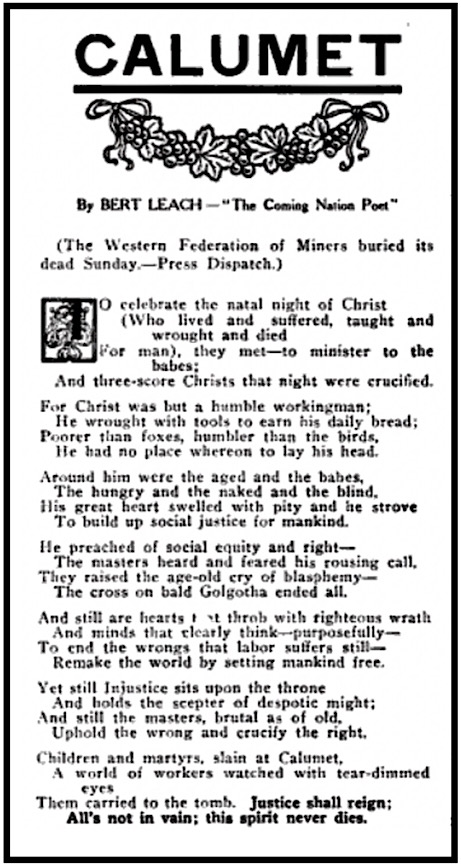
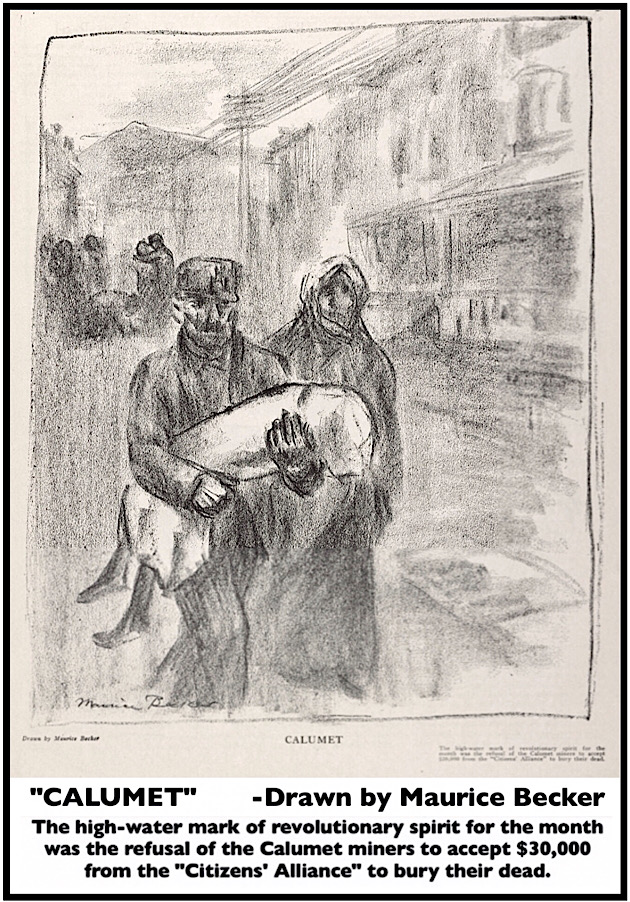
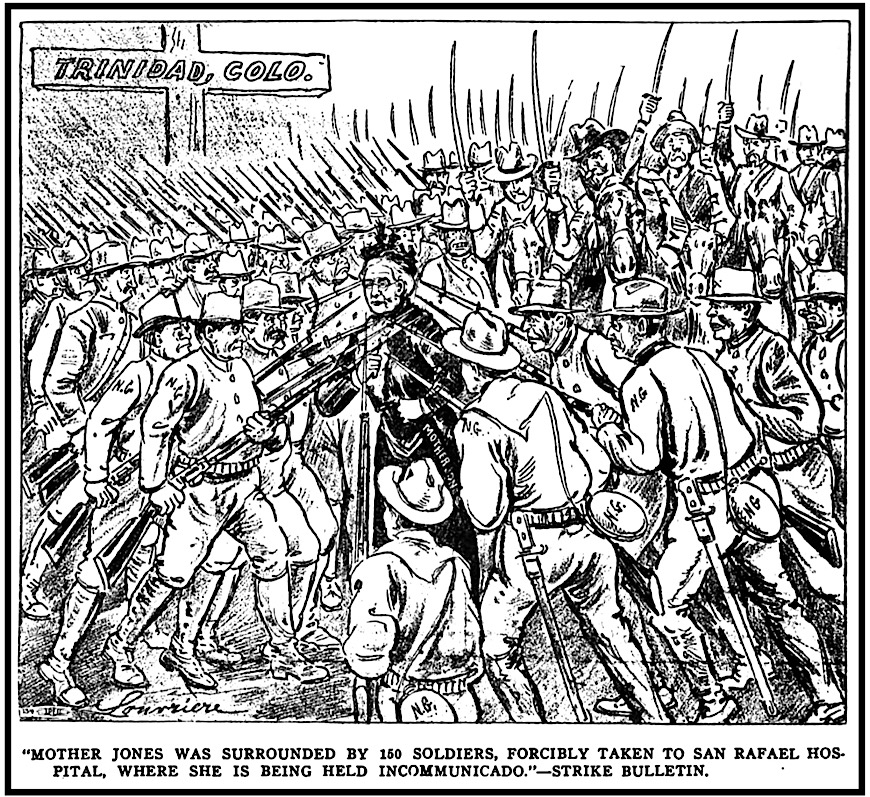
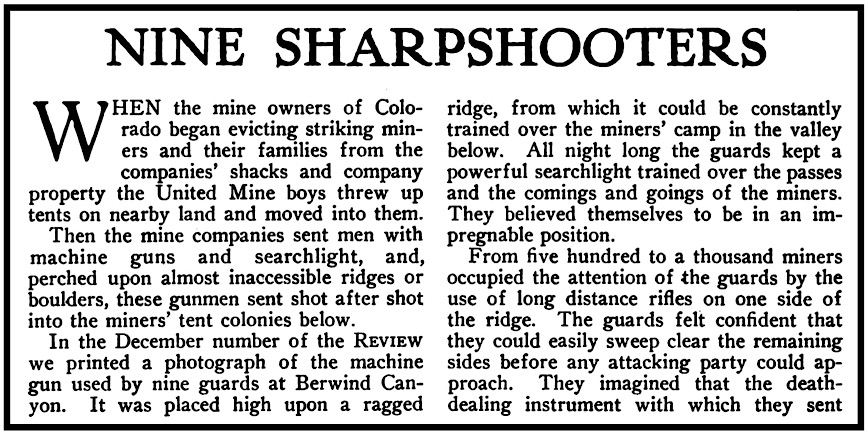
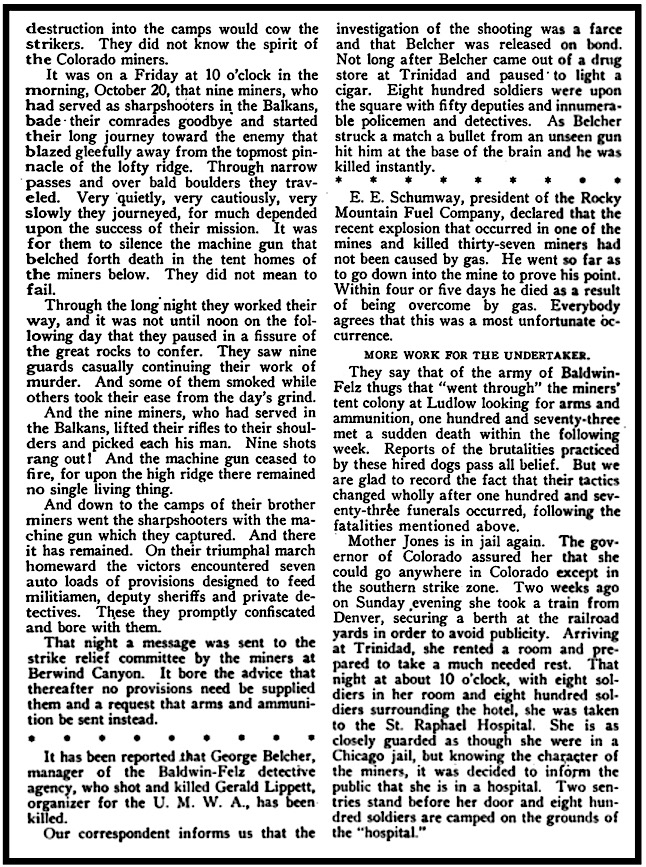
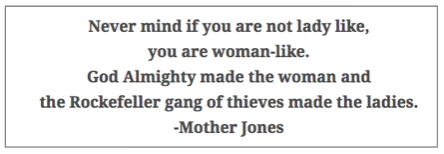 —————
—————
 —————
—————